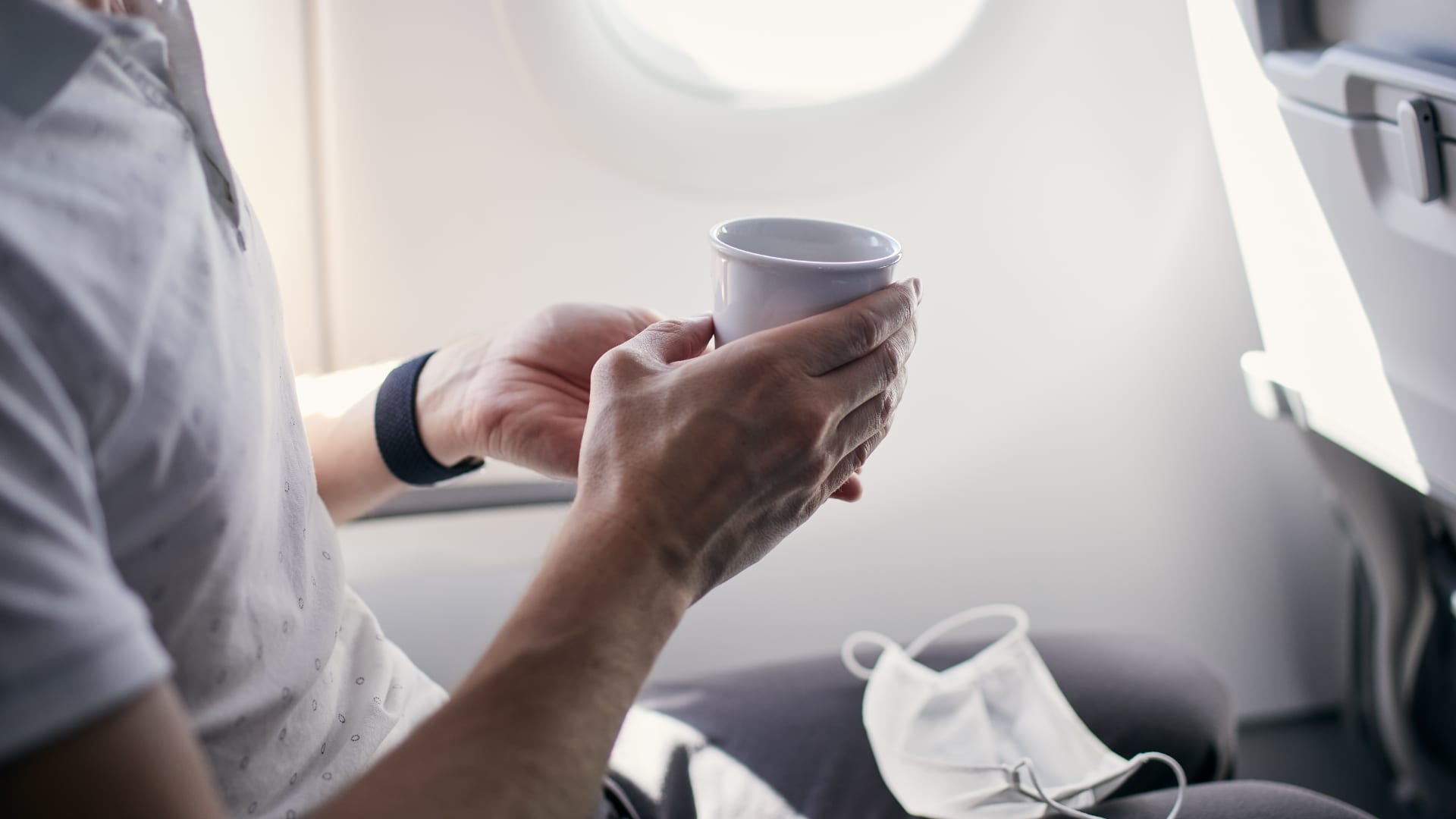Travelers have a host of pathogens to dodge this winter, including the “tripledemic” of infections caused by Covid-19, flu and RSV (respiratory syncytial virus).
But there are steps people can take to reduce their chances of getting sick, say health specialists at Spain’s SHA Wellness Clinic.
The key is to develop “a resilient immune system that can defend itself from attack by viruses and bacteria,” said Dr. Vicente Mera, SHA’s head of genomic medicine.
What to eat
“The most important thing is nutrition,” Mera said.
But drastic dieting isn’t necessary, he added. Rather, travelers can simply eat whole, plant-based foods, which can help decrease inflammation, he said.
Fiber in plant-based foods also helps the gut microbiome “fight pathogens that enter or are activated through the digestive tract,” he said.
Eating a nutrient-dense diet is the top recommendation from Melanie Waxman, an integrative nutrition specialist and eating coach at SHA Wellness Clinic.
That means eating “lots of vegetables, whole grains, fresh herbs, beans, sea vegetables, fruits, nuts, seeds and fermented foods,” she said.
What to pack on a plane
Waxman said travelers should snack on alkaline foods to combat acidity that is commonly caused by air travel. She recommended these easy-to-pack foods:
- Toasted nori snacks: “Great for travelling as they are light and easy to carry in small packs. Nori is alkaline and provides a good source of vitamin C, as well as omega-3 fatty acids, protein and minerals.”
- Instant miso soup: “Contains all the essential amino acids … and restores beneficial probiotics to the intestines … great for flights and in hotel rooms as you only need to add boiling water to the sachet.”
- Spirulina powder: “Packed with calcium and protein. It has a high chlorophyll content … is especially beneficial after spending hours in airplane cabins. The flavor can be strong so add it to a refreshing vegetable juice … [or take] as a capsule.”
- Plum balls: “A wonderful travel companion, as they are extremely alkaline, full of minerals that help increase energy, aid digestion, boost immunity and improve liver functions … the balls come in a container and are easy to pack in a cabin bag.”
Breakfast
Waxman recommends drinking one tablespoon of apple cider vinegar mixed with a glass of water before breakfast. The vinegar is “a powerful immune booster … full of probiotics,” she said.
For breakfast, a “wonderful” choice is oatmeal topped with berries, chia seeds and flax seeds, she said.
“Oats actually help the body produce melatonin more naturally,” she said. “Oats contain amino acids, potassium, B vitamins, magnesium and complex carbs … berries pack a punch of vitamin C, and the seeds provide extra omega-3 and protein.”
Jet lag
To combat jet lag, Waxman recommends taking more vitamin C.
She recommends eating sauerkraut, both before and after flying. “Fermenting cabbage causes the vitamin C and antioxidant levels to skyrocket,” she said.
Fresh vegetable juice is also great for immunity and jet lag recovery, she said.
Getting enough sleep
Sleep and immunity are closely linked, Mera said.
“Restful sleep strengthens nature immunity,” he said, adding that poor quality, or quantity, of sleep increases the chances of falling sick.
People who average less than six hours of sleep a night, or 40 hours per week, have “a serious risk of illness,” he said.
Exercise — but don’t overdo it
Moderate exercise strengthens the immune system, Mera said.
But “30 minutes a day is more than enough,” he said. “Prolonged intense exercise can suppress the immune system.”
Examples of beneficial exercise include running, walking, swimming and cycling, he said.
Supplements, for some
Studies indicate that certain supplements — such as vitamin C, vitamin D, zinc, garlic, echinacea and green tea — may strengthen the body’s immune response, Mera said.
But, he said, they’re not necessary for everyone.
“It only compensates for nutrient deficiencies, which usually occur when nutrition is inadequate, or the immune system is very depressed,” he said.
Other recommendations
To strengthen the immune system, Waxman also suggests Epsom salt baths (“magnesium is easily absorbed through the skin”), using essential oils (“especially lavender, eucalyptus or tree tree oil”), drinking plenty of water and cutting back on alcohol, caffeine and sugar.
Mera added that relieving stress and anxiety is critical to immune health. He recommends meditation, yoga, tai chi and mindfulness to better manage emotions.
Philippa Harvey, head of SHA’s traditional Chinese medicine department, said travelers should start taking steps to strengthen their immune systems about a week before traveling.
“In TCM when someone is healthy and happy we say they have good qi, pronounced ‘chee'” she said.
She recommends eating foods that are in season, especially garlic and ginger in the autumn and winter.
She also recommends exercise and acupressure to stay healthy.
“Before we travel, a nice brisk walk in fresh air is the simplest solution,” she said.
